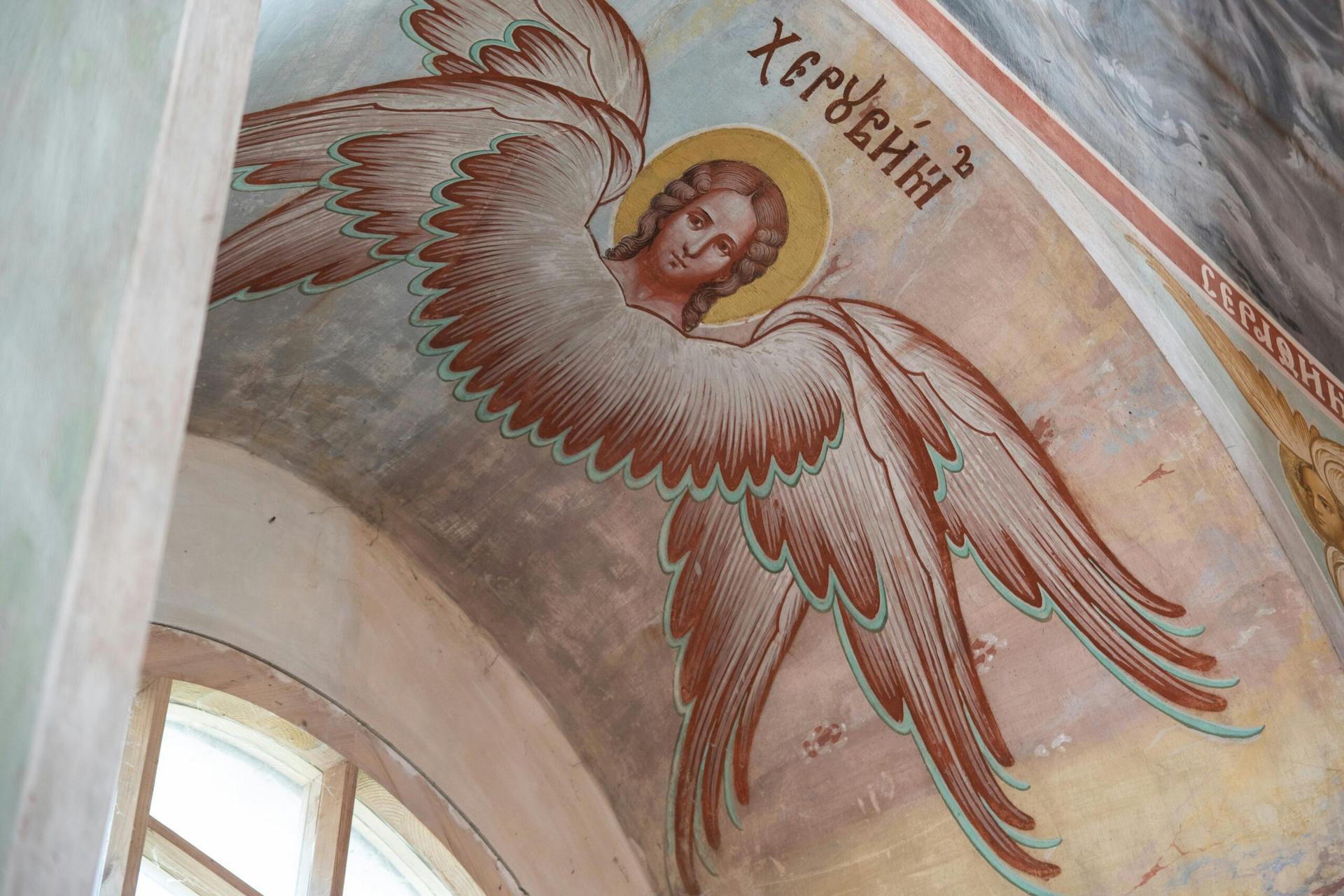When we search for God, we shouldn’t be surprised when we find him. Or more accurately, when we realize that he’s found us. This realization is what the spiritual tradition calls contemplation.
Contemplation is union with God. It’s when we find ourselves in his presence, know of his love, and share in fellowship with him.
Dwelling in God’s presence is a mystery. In its attempts to define contemplation, the Catechism of the Catholic Church gives a litany-type list of multiple and diverse explanations of contemplation.
Such an approach is an acknowledgement that contemplation is more concealment than revelation. It’s contained more within the mystery of God than within the frame of human thinking and language.
Continuing its litany, the Catechism teaches us: “Contemplation is a gaze of faith, fixed on Jesus. ‘I look at him and he looks at me’: this is what a certain peasant of Ars used to say to his holy cure about his prayer before the tabernacle.”
As an explanation, the Catechism continues: “This focus on Jesus is a renunciation of self. His gaze purifies our heart; the light of the countenance of Jesus illumines the eyes of our heart and teaches us to see everything in the light of his truth and his compassion for all men.”
We cannot contemplate God and come away unmoved. Being in God’s presence changes us and makes us more like him.
As we are purified and transformed by God, we are directed to a deeper knowledge and love for Jesus Christ. The Lord is our access and the means for us to approach the Father and receive the Holy Spirit. Through contemplation, we come to be united more closely to Jesus Christ. The mysteries of his life become mysteries of our own life.
The Catechism teaches: “Contemplation also turns its gaze on the mysteries of the life of Christ. Thus it learns the ‘interior knowledge of our Lord,’ the more to love him and follow him.”
While contemplation is the height of prayer, it does not stand on its own.
In Jesus Christ, contemplation leads and compels us to read, know, and study the Word of God. In our union with God in Jesus Christ, we rely on the revelations of God contained in the Bible to know who God truly is and how we are called to love and serve him.
There is no sure knowledge of God without his Word. As the psalmist tells us: “Your word is a lamp for my feet, a light for my path.” We need the light of God’s Word to have confidence in our steps towards him. We need the sacred language of the Bible to know how we can talk about God and explain what we are experiencing in him.
The Catechism explains: “Contemplative prayer is hearing the Word of God.”
In contemplation that is enriched by the Word of God, the Word becomes alive and active. In such an interaction, the Bible no longer feels like an ancient text but a lively and interactive word that still speaks to us and changes our lives. We hear the Word and are moved to trust it and let it take hold of our lives and transform us.
There is nothing distant when we talk about contemplation. There is nothing removed when we speak about the Word of God. The Word cuts to the very marrow of who we are. It radically changes us from the inside out.
The Catechism teaches: “Far from being passive, such attentiveness [to the Word of God] is the obedience of faith, the unconditional acceptance of a servant, and the loving commitment of a child.”
In contemplation, we participate in the union of the Father and the Son. As sons in the Son, we share in the Lord’s own communion with the Father. The Spirit moves within us and elevates us to his fellowship with the Father and the Son.
The Catechism describes this reality, while also giving it a context of Mary: “[Such attentiveness to the Word of God] participates in the ‘Yes’ of the Son-become-servant and the ‘Fiat’ of God’s lowly handmaid.”
Our “yes” to God in contemplation is an echo of the “yes” of the Lord Jesus. Our “yes” also participates in the “Fiat” – the “yes” – of the Blessed Virgin Mary. As Mary was united to the Holy Trinity, so contemplation helps us to share in that union. In this way, Mary is the fulfillment and culmination of all contemplation.
To receive free, daily reflections from Father Kirby, please visit: DailyDiscipleship.org.














